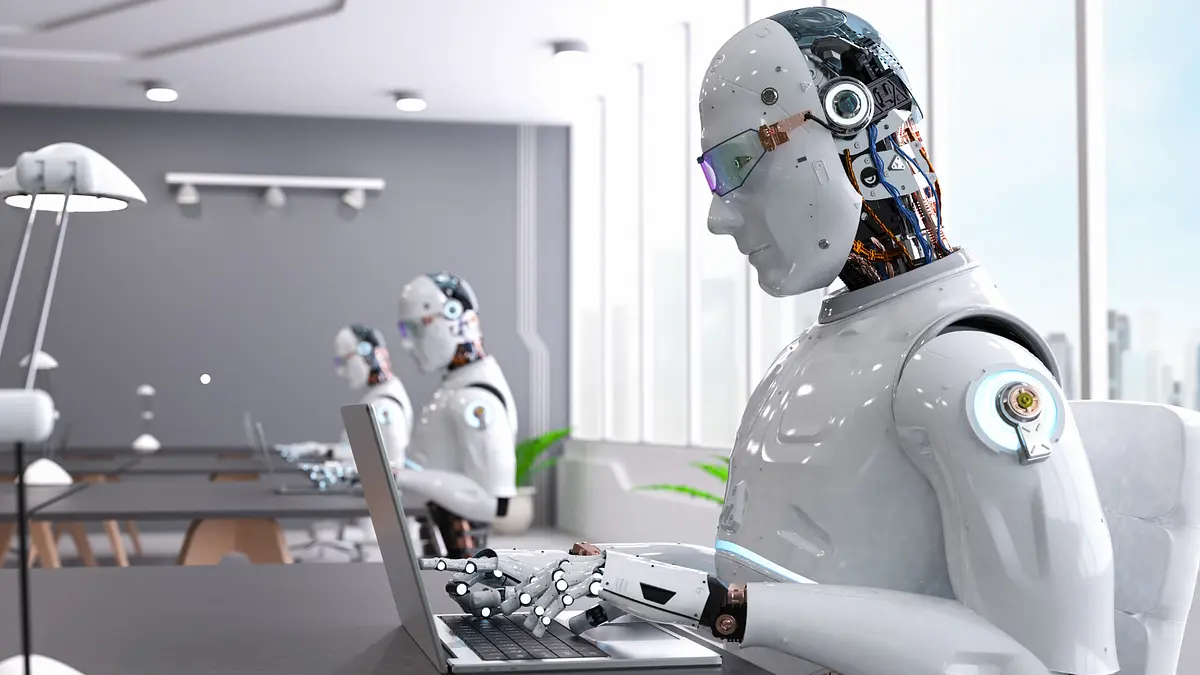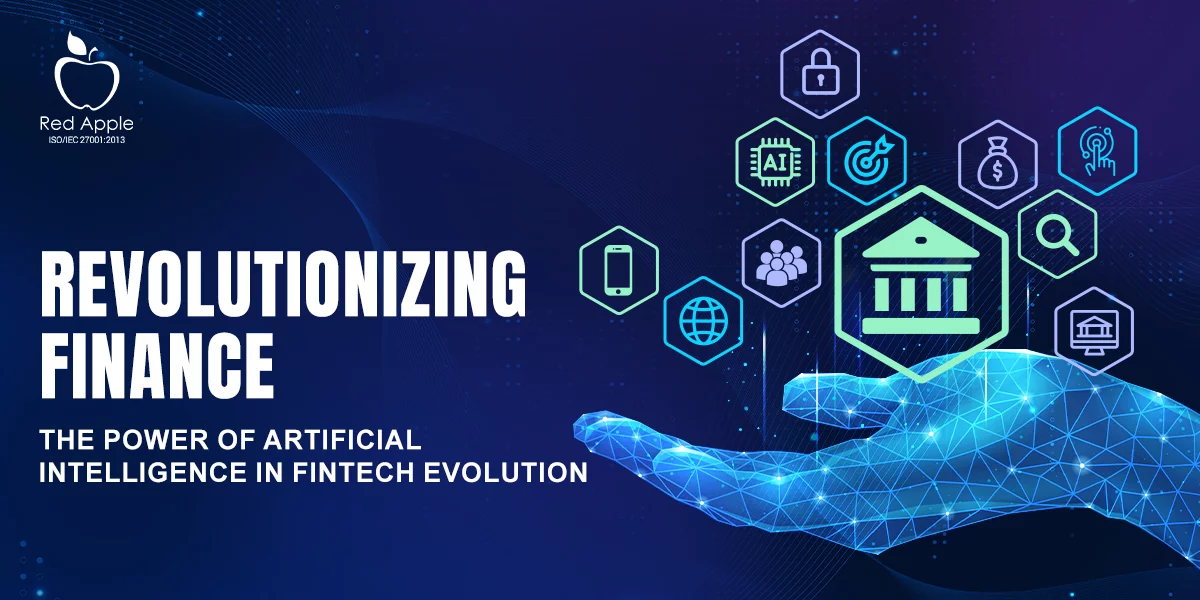Artificial Intelligence (AI) is not just a buzzword anymore; it’s transforming industries and reshaping the landscape of work as we know it. From automating routine tasks to augmenting human capabilities, AI has become a cornerstone of modern business strategy. One of the most impactful areas where AI is making waves is in workforce automation, offering lucrative opportunities for entrepreneurs and businesses alike.
Contents
The Rise of Workforce Automation
Workforce automation powered by AI involves using machines and algorithms to perform tasks traditionally done by humans. This shift isn’t about replacing jobs entirely but rather enhancing efficiency, reducing costs, and allowing humans to focus on higher-value work that requires creativity, empathy, and complex decision-making.
Profitable Business Ideas in Workforce Automation
AI-Powered Customer Support:
Chatbots and Virtual Assistants: Develop AI-driven chatbots capable of handling customer queries, providing information, and even processing transactions. These bots can operate 24/7, improving customer satisfaction and reducing operational costs for businesses.
Data Analysis and Insights:
Predictive Analytics: Offer AI solutions that analyze large datasets to predict trends, customer behavior, and market demands. Businesses can use these insights to make informed decisions and optimize their strategies.
Robotic Process Automation (RPA):
Automating Routine Tasks: Create RPA solutions that automate repetitive administrative tasks such as data entry, invoice processing, and report generation. This saves time and reduces errors, allowing employees to focus on strategic initiatives.
Smart Manufacturing:
Industrial Robotics: Develop AI-driven robots for manufacturing processes like assembly lines, quality control, and inventory management. These robots can work faster and more accurately than humans, leading to increased productivity and reduced production costs.
Healthcare Automation:
Medical Imaging Analysis: Build AI systems that can analyze medical images such as X-rays and MRIs to assist radiologists in detecting abnormalities more accurately and quickly.
Administrative Support: Develop AI assistants to handle administrative tasks in healthcare settings, such as appointment scheduling, patient data management, and billing.
Financial Services:
Algorithmic Trading: Create AI algorithms for automated trading in financial markets. These algorithms can analyze market data, execute trades, and manage portfolios with minimal human intervention, optimizing investment strategies.
Education and Training:
Personalized Learning: Develop AI-powered platforms that offer personalized learning experiences based on individual student progress and learning styles. These platforms can provide adaptive feedback and recommendations to improve learning outcomes.
Challenges and Considerations
While the potential for profitability in workforce automation is significant, businesses must navigate ethical considerations, such as job displacement and data privacy concerns. It’s crucial to implement AI responsibly, ensuring transparency, fairness, and accountability in its deployment.
Conclusion
AI-driven workforce automation presents a vast array of profitable business opportunities across various industries. Entrepreneurs and businesses that embrace AI can streamline operations, enhance productivity, and deliver innovative solutions to meet evolving market demands. As AI continues to evolve, staying at the forefront of this technological revolution promises not only profitability but also a sustainable advantage in the future of work.


